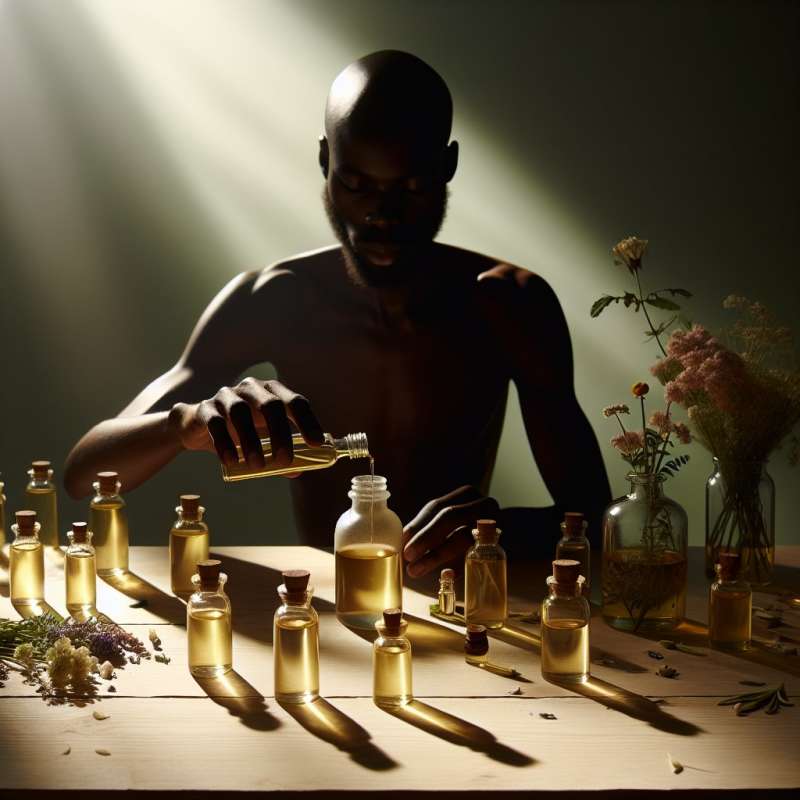
Aromatherapy Origins
Aromatherapy dates back thousands of years, with roots in ancient civilizations like Egypt and China. These cultures utilized aromatic plants in baths, massages, and even embalming processes to promote health and wellbeing.
Essential Oils Defined
Essential oils are highly concentrated plant extracts. Distillation or cold pressing extracts the aromatic chemicals. Each oil has a unique composition and aroma, offering distinct therapeutic properties and benefits.
Extraction Methods Matter
The quality of essential oils is pivotal, varying with extraction methods. Steam distillation preserves heat-sensitive compounds, whereas solvent extraction is suited for resins and fragrant compounds not easily distilled.
Synergy in Blends
Blending essential oils can create a synergy, where the combined effect is greater than individual oils. Expert blending considers the oils' notes, therapeutic properties, and chemical constituents for enhanced benefits.
Aromatherapy Delivery Forms
Aromatherapy employs various delivery methods, including diffusers, topical applications, and inhalers. Each method has its own advantage, whether for mood enhancement, respiratory health, or skin treatments.
Scientifically Proven Benefits
Research has demonstrated aromatherapy's efficacy in managing pain, anxiety, depression, and insomnia. Lavender oil, for instance, is widely recognized for its calming and sleep-inducing properties.
Safe Usage Practices
While natural, essential oils can be potent. Safe aromatherapy practices include proper dilution, avoiding sensitive areas, and conducting patch tests for allergic reactions. Pregnant women and children should use oils under professional guidance.
Where did aromatherapy originate?
Ancient Greece and Rome
Egypt and China
Aztec and Inca cultures
Company